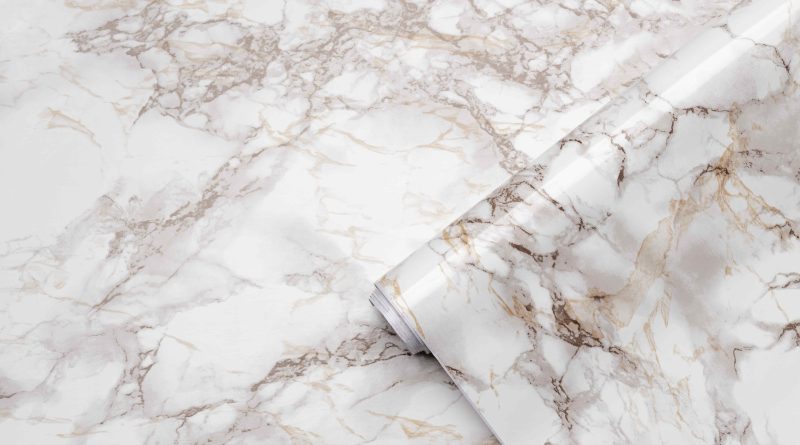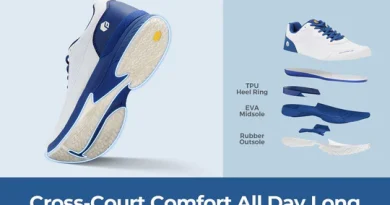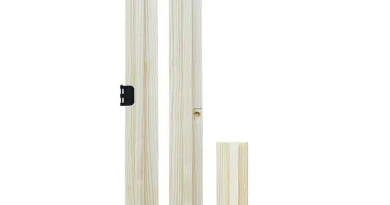Vinyl Flooring Installation Durham: A Complete Guide
Vinyl flooring has become a popular choice for homeowners and business owners in Durham due to its affordability, durability, and versatility. This guide will cover everything you need to know about vinyl flooring installation Durham from understanding the material to how the process works, and why it’s an excellent choice for Durham homes and businesses.
What is Vinyl Flooring?
Vinyl flooring is a synthetic flooring material made primarily from polyvinyl chloride (PVC). It mimics the look of natural materials such as wood, stone, or ceramic, making it an attractive and cost-effective alternative. Vinyl flooring comes in three main formats: vinyl plank (LVP), vinyl tile (LVT), and sheet vinyl. Each of these options offers different aesthetics, but all share common benefits, such as water resistance, easy maintenance, and comfort underfoot.
Why Choose Vinyl Flooring Durham?
Durham’s varying weather, with humid summers and cold winters, makes vinyl flooring an ideal option due to its resistance to moisture and temperature fluctuations. Vinyl flooring is especially well-suited for areas like kitchens, bathrooms, basements, and entryways, where moisture is often present. It also handles foot traffic well, which is essential for busy households or commercial spaces. Its versatility in design allows Durham residents to achieve almost any look they desire—whether that’s modern, rustic, or traditional—without the high cost of natural materials.
Types of Vinyl Flooring
There are several types of vinyl flooring, each with its unique advantages:
- Luxury Vinyl Plank (LVP) is designed to resemble hardwood planks and offers a warm, wood-like finish.
- Luxury Vinyl Tile (LVT) mimics stone or ceramic tiles, perfect for creating a high-end appearance without the hassle of grouting.
- Sheet Vinyl comes in large, continuous sheets and is perfect for creating a seamless, waterproof surface, making it a popular choice for bathrooms and kitchens.
Each of these types can be installed in a variety of settings, depending on the needs and style preferences of the homeowner.
Preparing for Vinyl Flooring Installation
Before installing vinyl flooring, proper preparation is crucial. This begins with measuring the area to ensure that the correct amount of flooring material is purchased. You’ll also need to inspect the subfloor, as it must be clean, dry, and smooth for the vinyl to adhere correctly. Any previous flooring, debris, or adhesive residues should be removed. Depending on the type of vinyl being installed, you might also need an underlayment to help with soundproofing and cushioning.
How to Install Vinyl Flooring
Vinyl flooring installation Durham can vary based on the type, but the general steps are similar. For Luxury Vinyl Plank (LVP) or Luxury Vinyl Tile (LVT), the process often involves a click-and-lock system, where the planks or tiles are laid out and clicked into place. For sheet vinyl, you may need to apply adhesive and carefully position the sheet to avoid air bubbles.
- Prepare the Subfloor: Ensure the surface is clean and level.
- Plan the Layout: Before installation, lay out the flooring to ensure that everything fits properly.
- Install the Flooring: Depending on the type, either click the planks together, glue down the tiles, or carefully position the sheet vinyl.
- Finishing Touches: Once the flooring is installed, trim any excess material and add baseboards or trim as needed.
DIY installation is possible for those with experience, but hiring a professional can ensure a flawless result, especially for large or complex spaces.
Maintenance and Care
Vinyl flooring is known for being low maintenance, but regular care will keep it looking great. Sweeping or vacuuming frequently will remove dirt and debris, while occasional damp mopping will keep the surface clean. Avoid using harsh chemicals that can damage the flooring, and instead use gentle cleaners recommended for vinyl. One of the major advantages of vinyl is its resistance to water, so spills can be wiped up without worry, making it an ideal option for homes with children or pets.
Professional Installation vs. DIY
While many homeowners in Durham opt for DIY installation of vinyl flooring due to its perceived simplicity, professional installation can save time and ensure a higher-quality result. A professional installer will know how to prepare the subfloor properly, make precise cuts around corners, and ensure the flooring is laid out seamlessly. They can also handle large or complex areas more efficiently, preventing mistakes that could lead to costly repairs later.
Environmental Impact of Vinyl Flooring
While vinyl flooring is not as environmentally friendly as some natural materials like hardwood or bamboo, modern advancements have made it more sustainable. Some manufacturers use recycled materials to create vinyl flooring, and low-VOC (volatile organic compound) options are available, making it a safer choice for indoor air quality. Additionally, vinyl’s longevity means it won’t need to be replaced as often as other materials, reducing waste in the long run.
FAQs
Q: How long does vinyl flooring installation take?
The time it takes to install vinyl flooring depends on the size of the room and the type of vinyl. A small room can be completed in a few hours, while larger areas may take one to two days.
Q: Is vinyl flooring waterproof?
Yes, most vinyl flooring options, especially LVP and sheet vinyl, are waterproof, making them ideal for areas prone to moisture like kitchens, bathrooms, and basements.
Q: Can I install vinyl flooring over existing floors?
Yes, vinyl flooring can often be installed over existing floors, such as tile or wood, as long as the subfloor is smooth, clean, and dry. However, it’s not recommended to install vinyl over carpet or very uneven surfaces.
Q: How do I clean and maintain vinyl flooring?
Vinyl flooring is easy to clean. Regular sweeping or vacuuming and occasional damp mopping with mild soap will keep your floors in good condition. Avoid harsh chemicals that could damage the surface.
Q: Is vinyl flooring durable enough for high-traffic areas?
Yes, vinyl flooring is highly durable and resistant to wear, making it suitable for high-traffic areas such as hallways, living rooms, and commercial spaces.
Q: What is the lifespan of vinyl flooring?
With proper care and maintenance, vinyl flooring can last anywhere from 10 to 20 years, depending on the quality of the material and the level of foot traffic.
Conclusion
Vinyl flooring installation Durham is a practical, affordable, and stylish option for homeowners and businesses alike. Its water resistance, durability, and wide range of design options make it a versatile choice for any room. Whether you’re renovating your kitchen, bathroom, or a high-traffic area, vinyl flooring offers a long-lasting solution that looks great and is easy to maintain. For those who want a hassle-free experience, hiring a professional installer in Durham ensures the job is done right, giving you peace of mind and a beautiful floor to enjoy for years.


